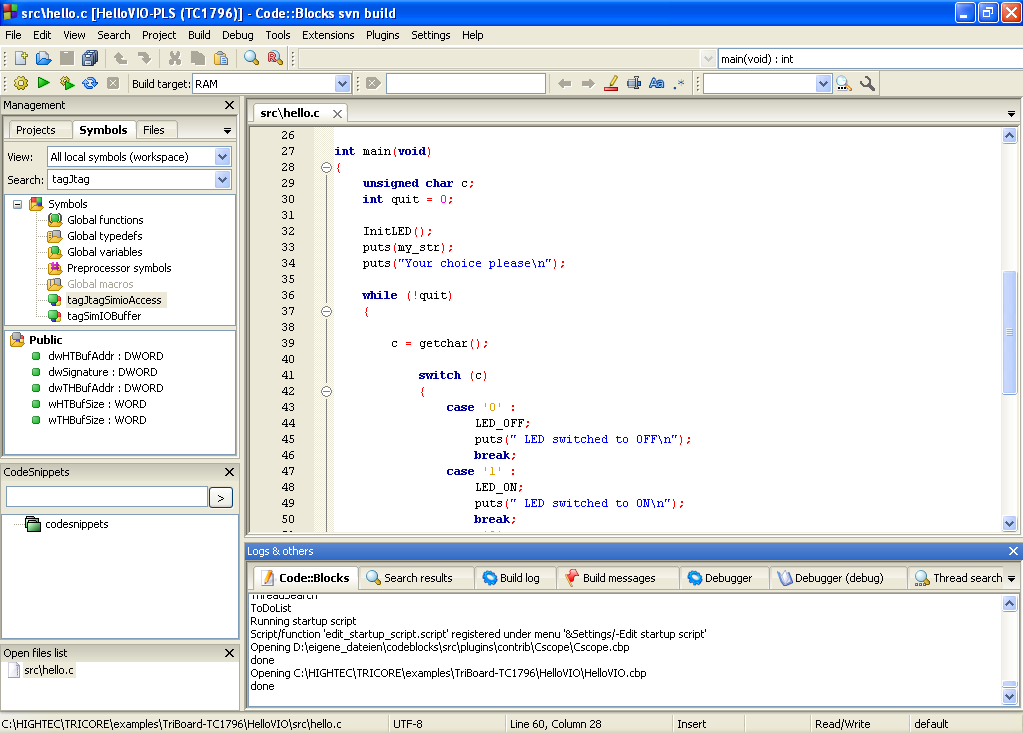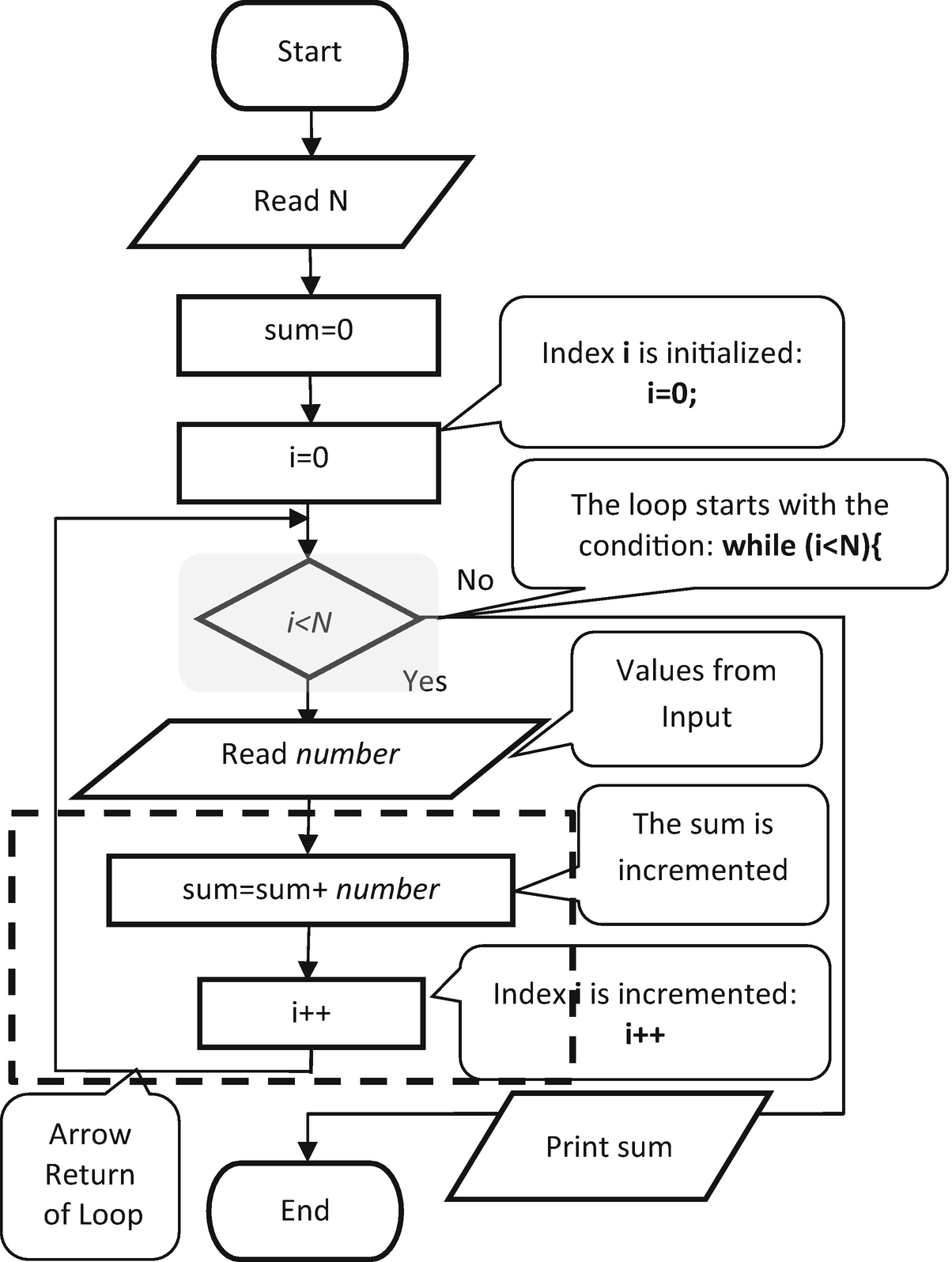Fopen_s Was Not Declared In This Scope Dev C++
- The C Standard Library
- C Standard Library Resources
- C Programming Resources
- 'endl' was not declared in this scope. C / C Forums on Bytes. 'error: perl was not declared in this scope' when calling perl script that sends sms.
- Once again you need to read the documentation for the functions you are trying to use, rather than guessing at the parameters. You are using the addressof operator on your array names in your scanf statements, which is wrong. You also need to specify the buffer lengths when using the variant of these functions.
- The stdlib.h header defines four variable types, several macros, and various functions for performing general functions. Library Variables. Following are the variable types defined in the header stdlib.h −.
- It could be that it just isn't possible to print to console like one would with another C development environment. I am a complete beginner with Arduino, and not much more experienced with C itself, as you can perhaps tell. Any help would be appreciated greatly.
- I have code that compiled happily with g version 3.something. I then wanted to build some other code that had C11 symbols in it so I upgraded to g 4.7. Now my original code doesn't build. I get the error: 'fdopen' was not declared in this scope. According to the man page, fdopen is declared in stdio.h which I.
- Selected Reading

The C library function FILE.fopen(const char.filename, const char.mode) opens the filename pointed to, by filename using the given mode. Following is the declaration for fopen function. This function returns a FILE pointer. Otherwise, NULL is returned and the global variable errno is set to. Nov 21, 2016 'motor' was not declared in this scope. というコンパイルエラーがでてしまいます. 自分で調べてみた結果,どうやら関数を見つけれていないみたいなのですが,修正方法が分かりません. どのようにしたら直るのでしょうか..
The stdlib.h header defines four variable types, several macros, and various functions for performing general functions.

Library Variables
Following are the variable types defined in the header stdlib.h −
| Sr.No. | Variable & Description |
|---|---|
| 1 | size_t This is the unsigned integral type and is the result of the sizeof keyword. |
| 2 | wchar_t This is an integer type of the size of a wide character constant. |
| 3 | div_t This is the structure returned by the div function. |
| 4 | ldiv_t This is the structure returned by the ldiv function. |
Library Macros
Following are the macros defined in the header stdlib.h −
| Sr.No. | Macro & Description |
|---|---|
| 1 | NULL This macro is the value of a null pointer constant. |
| 2 | EXIT_FAILURE This is the value for the exit function to return in case of failure. |
| 3 | EXIT_SUCCESS This is the value for the exit function to return in case of success. |
| 4 | RAND_MAX This macro is the maximum value returned by the rand function. |
| 5 | MB_CUR_MAX This macro is the maximum number of bytes in a multi-byte character set which cannot be larger than MB_LEN_MAX. |
Library Functions
Following are the functions defined in the header stlib.h −
Fopen_s Was Not Declared In This Scope Dev C 2017
| Sr.No. | Function & Description |
|---|---|
| 1 | double atof(const char *str) Converts the string pointed to, by the argument str to a floating-point number (type double). |
| 2 | int atoi(const char *str) Converts the string pointed to, by the argument str to an integer (type int). |
| 3 | long int atol(const char *str) Converts the string pointed to, by the argument str to a long integer (type long int). |
| 4 | double strtod(const char *str, char **endptr) Converts the string pointed to, by the argument str to a floating-point number (type double). |
| 5 | long int strtol(const char *str, char **endptr, int base) Converts the string pointed to, by the argument str to a long integer (type long int). |
| 6 | unsigned long int strtoul(const char *str, char **endptr, int base) Converts the string pointed to, by the argument str to an unsigned long integer (type unsigned long int). |
| 7 | void *calloc(size_t nitems, size_t size) Allocates the requested memory and returns a pointer to it. |
| 8 | void free(void *ptr Deallocates the memory previously allocated by a call to calloc, malloc, or realloc. |
| 9 | void *malloc(size_t size) Allocates the requested memory and returns a pointer to it. |
| 10 | void *realloc(void *ptr, size_t size) Attempts to resize the memory block pointed to by ptr that was previously allocated with a call to malloc or calloc. |
| 11 | void abort(void) Causes an abnormal program termination. |
| 12 | int atexit(void (*func)(void)) Causes the specified function func to be called when the program terminates normally. |
| 13 | void exit(int status) Causes the program to terminate normally. |
| 14 | char *getenv(const char *name) Searches for the environment string pointed to by name and returns the associated value to the string. |
| 15 | int system(const char *string) The command specified by string is passed to the host environment to be executed by the command processor. |
| 16 | void *bsearch(const void *key, const void *base, size_t nitems, size_t size, int (*compar)(const void *, const void *)) Performs a binary search. |
| 17 | void qsort(void *base, size_t nitems, size_t size, int (*compar)(const void *, const void*)) Sorts an array. |
| 18 | int abs(int x) Returns the absolute value of x. |
| 19 | div_t div(int numer, int denom) Divides numer (numerator) by denom (denominator). |
| 20 | long int labs(long int x) Returns the absolute value of x. |
| 21 | ldiv_t ldiv(long int numer, long int denom) Divides numer (numerator) by denom (denominator). |
| 22 | int rand(void) Returns a pseudo-random number in the range of 0 to RAND_MAX. |
| 23 | void srand(unsigned int seed) This function seeds the random number generator used by the function rand. |
| 24 | int mblen(const char *str, size_t n) Returns the length of a multibyte character pointed to by the argument str. |
| 25 | size_t mbstowcs(schar_t *pwcs, const char *str, size_t n) Converts the string of multibyte characters pointed to by the argument str to the array pointed to by pwcs. |
| 26 | int mbtowc(whcar_t *pwc, const char *str, size_t n) Examines the multibyte character pointed to by the argument str. |
| 27 | size_t wcstombs(char *str, const wchar_t *pwcs, size_t n) Converts the codes stored in the array pwcs to multibyte characters and stores them in the string str. |
| 28 | int wctomb(char *str, wchar_t wchar) Examines the code which corresponds to a multibyte character given by the argument wchar. |